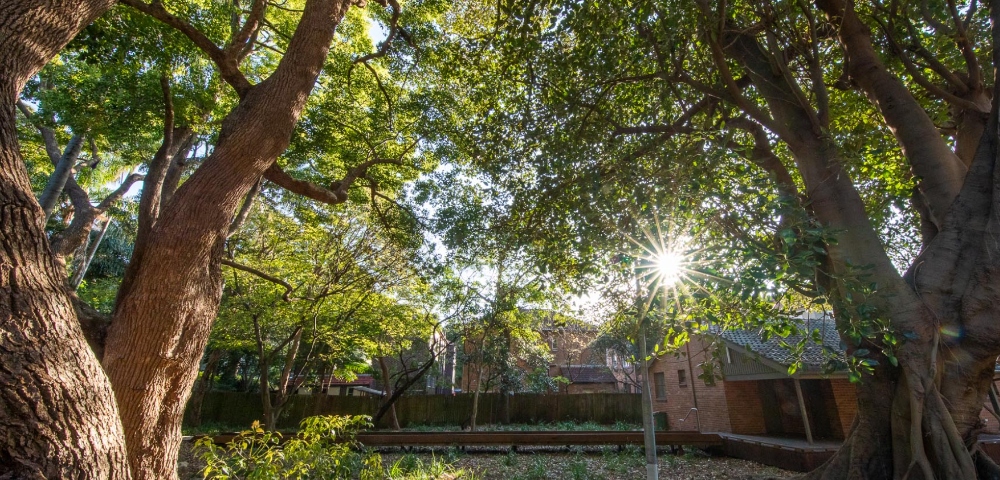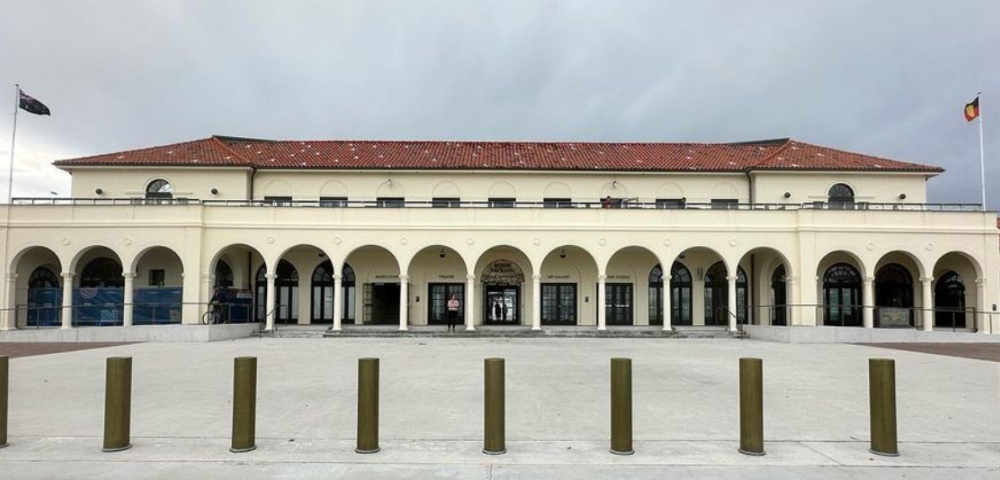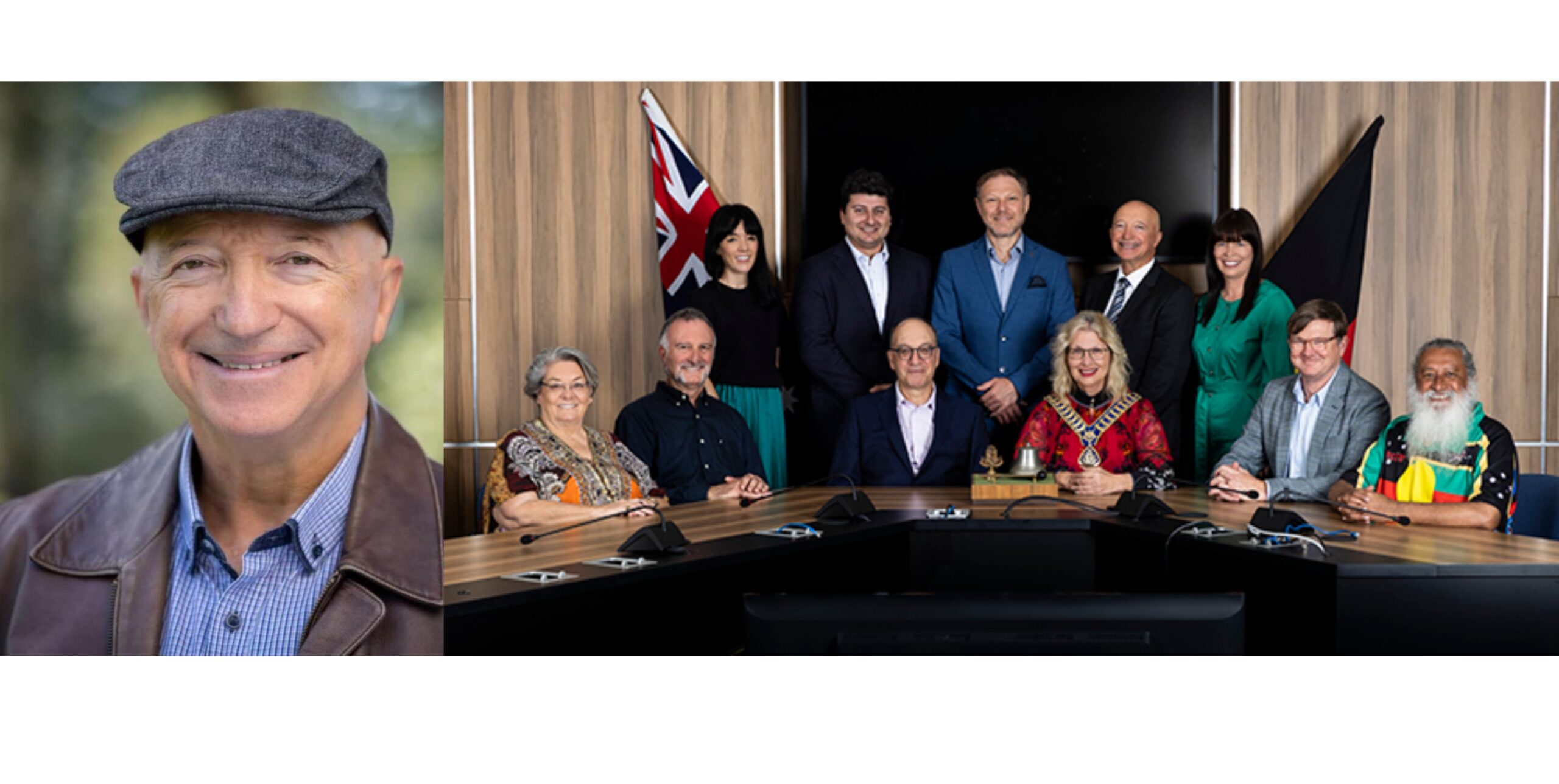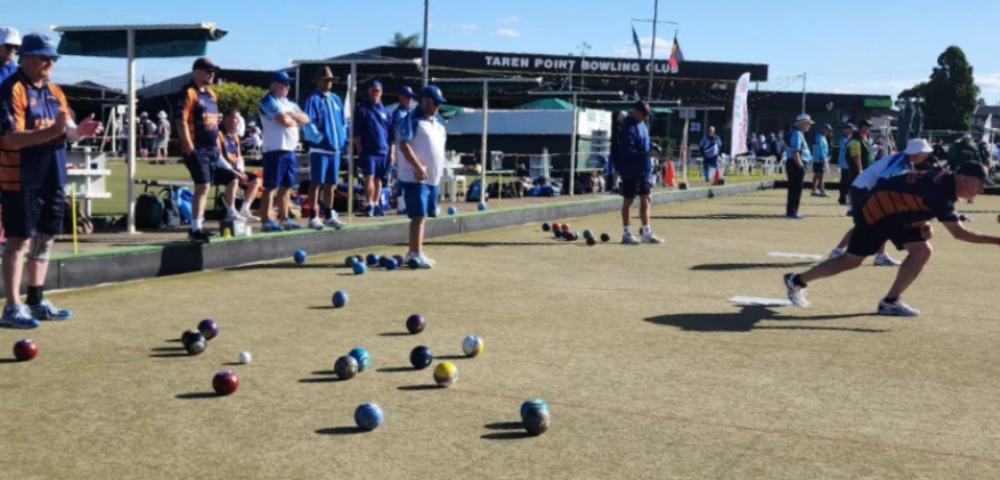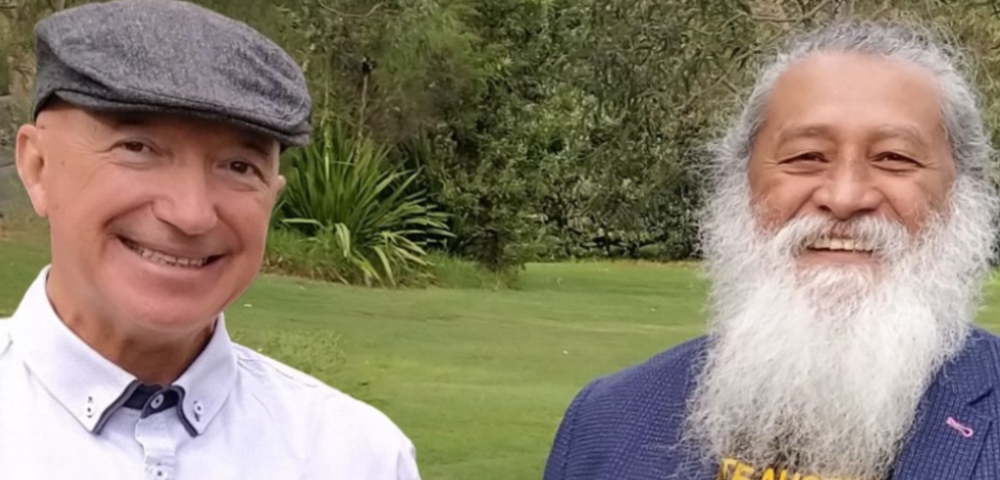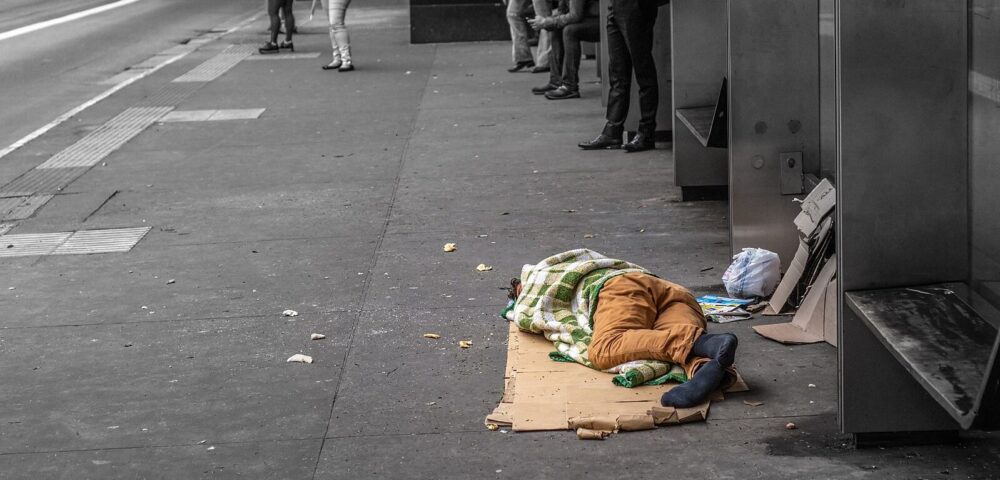
“Community independent” Karen Freyer on bringing the local back to Vaucluse
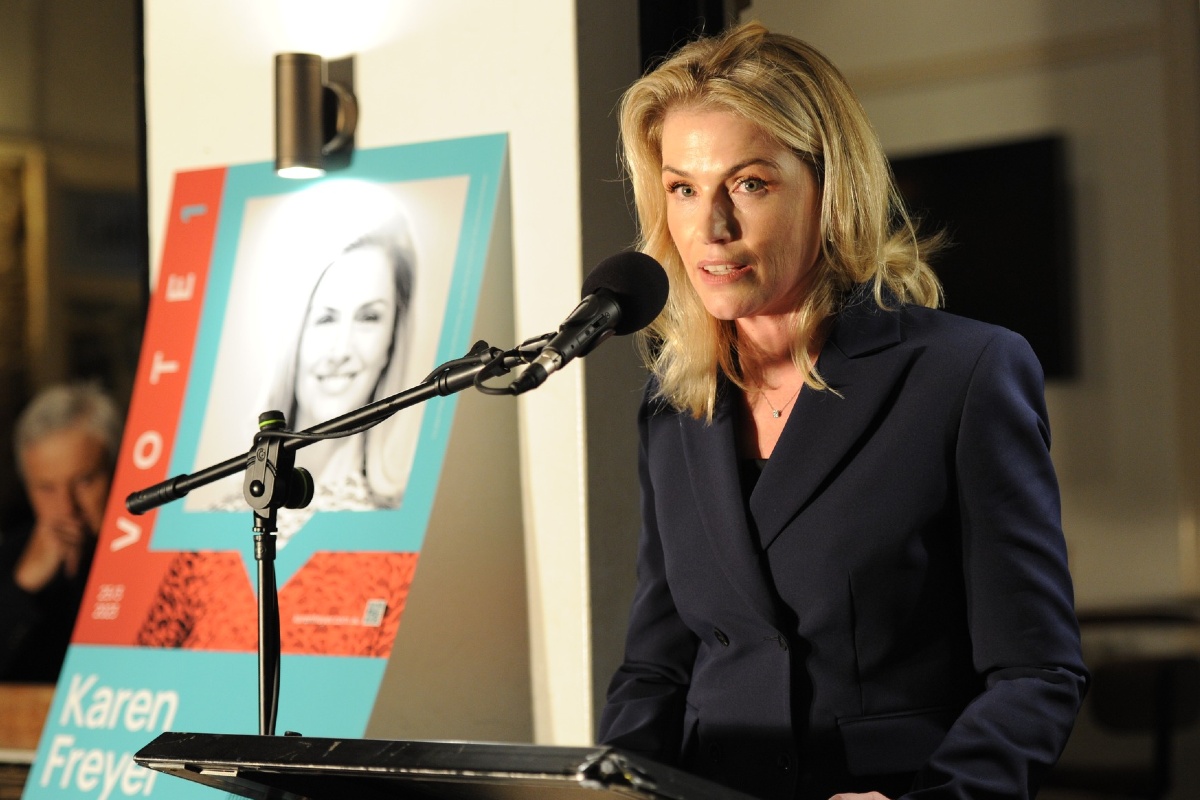
Image: Independent candidate Karen Freyer running for the seat of Vaucluse in the 2023 state election. Photo: Facebook/Karen Freyer.
By SASHA FOOT
Karen Freyer is vying to turn one of the safest conservative electorates in the state independent, following the retirement of Vaucluse’s long-term Liberal MP Gabrielle Upton. Upton, who has held the seat since 2011, will be replaced in the Liberal bid by former TV journalist Kellie Sloane.

Freyer has extensive experience in political campaigning, a background in journalism, and a slew of overseas university credentials. With her husband, she has recently sold her family home in Redfern to move back to the affluent eastern suburbs electorate.
Yet she tells City Hub that she is an Eastern Suburbs local at heart.
“Before Redfern, I was in Darling Point, so the least amount of time I’ve spent is actually in Redfern,” she explains. “My parents live in Rose Bay, and one of my brothers lives in Woollahra.”
Freyer says she is “particularly excited” to move back into the area so that her children can experience an upbringing similar to hers.
“We found a place to live in Double Bay, which is the first place I lived as a child.”
Her children are following in her footsteps by learning to sail at Woollahra Sailing Club. She added that moving back to the area will allow her children to “walk to all these places that I did when I was growing up, like Red Leaf”.
When asked how she defines her political campaign, Freyer said that she is a “community independent, which means that, unlike the major parties, all my ideas come from the residents, and that is what I will really be focusing on”.
Following in the footsteps of the federal teals

Similar to the federal teal wave, policies around climate action and parliament integrity are driving Freyer’s campaign.
“I will be following the fantastic work that independents like Allegra Spender and Zali Steggall have achieved,” she says.
Though Freyer points out that the media has constructed the idea of teal independents, she recognises the kinship between her campaign and those of other teal members.
“I do not think I am any different – we are all the same in the sense that we have all identified a problem in the way that politics is done at the moment. For example, the electorate of Vaucluse is one of the safest Liberal seats in the state, and one of the problems with living in a safe seat is you tend to be ignored.
“So I hope to create an environment in Vaucluse where we have representation that listens to the needs of the community, not a party machine.”
She believes major parties hinder climate action and referenced the Koala Wars as an example of the National Party “dictating” Liberal party politics.
Another key focus of her campaign is to make the planning processes for developments more transparent and conscious of residents’ wishes.
Freyer recalled that when she was a child her parents underwent a significant DA planning process in order to renovate their family home.
But she has found that the “pendulum has swung in a completely different direction, where it is really difficult to stop development”.
“We need to ensure that if we are going to build more housing, it is thought about carefully, and I am not convinced it is being done in a considered way.”
Freyer raised her concern that density increases, such as those proposed for the Edgecliff development, fail to “address the infrastructure needs first”. She cited the need for better public transport, and increasing “access to hospitals, recreational space and schools”.

With Rose Bay Secondary College as the only public high school serving the area, she acknowledges that the electorate is in “desperate need” of another state high school.
Another issue Freyer mentioned when discussing her position on developments is the failure to address affordable housing, noting that “there is basically no affordable housing in the electorate”.
“Some argue that we need to increase density to make housing more affordable, but the type of housing built in the electorate is far from affordable.”
She believes that developers, “especially in Vaucluse”, have no incentive to build affordable housing. “We need to ensure that young people and key workers can afford to live there.”
Public transport issues





